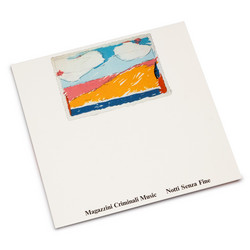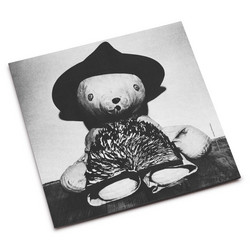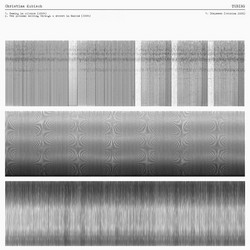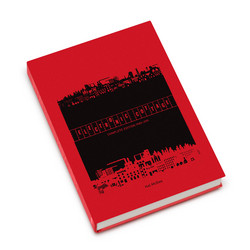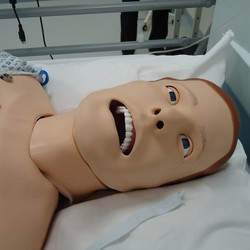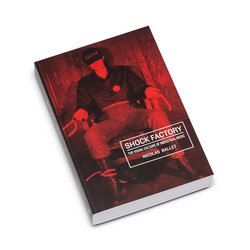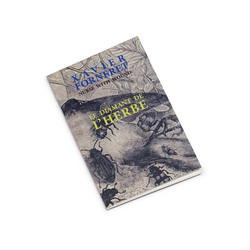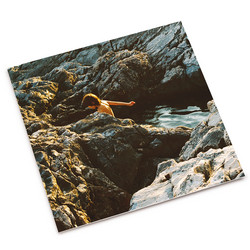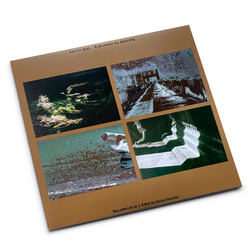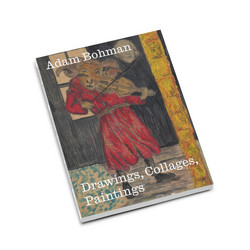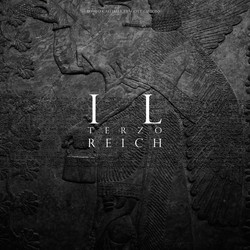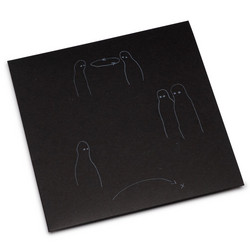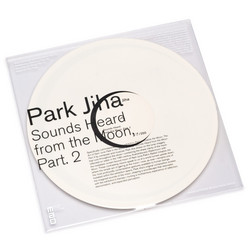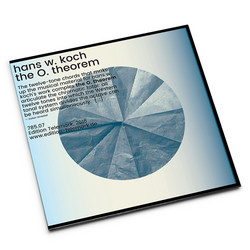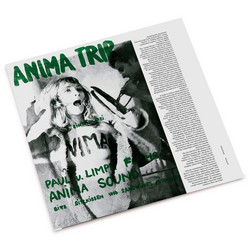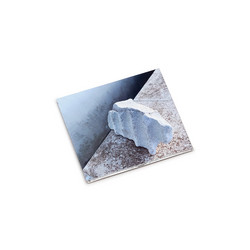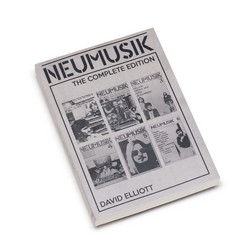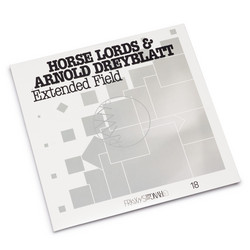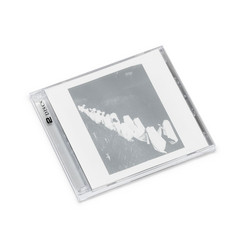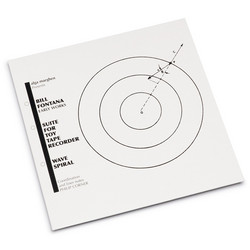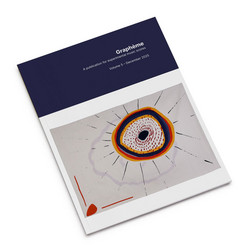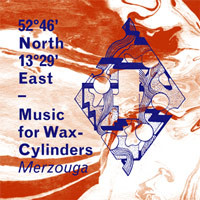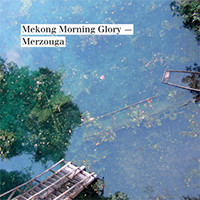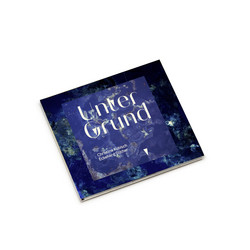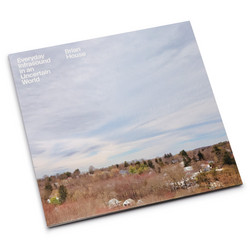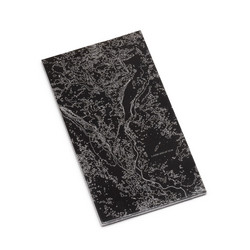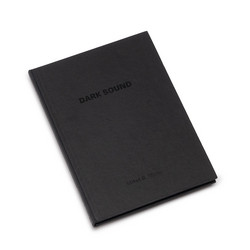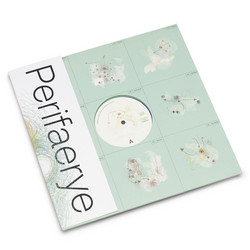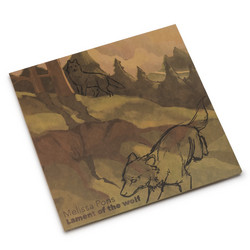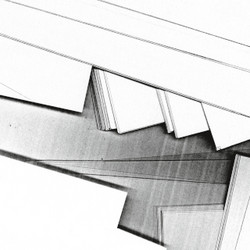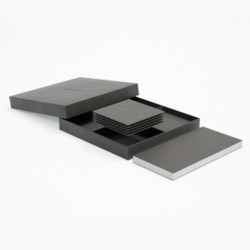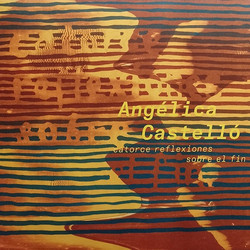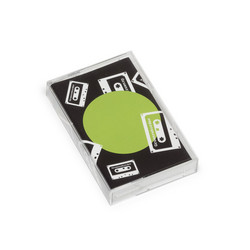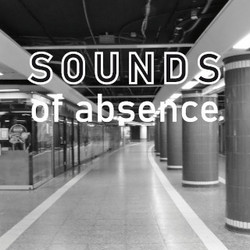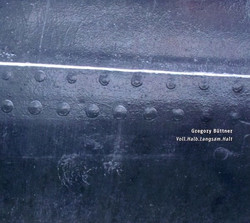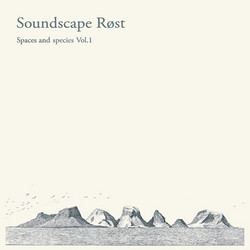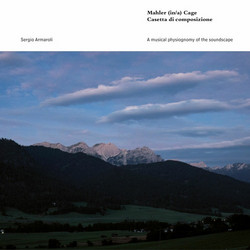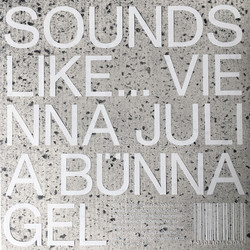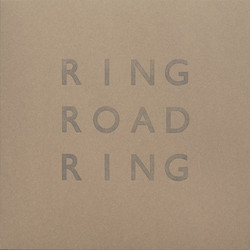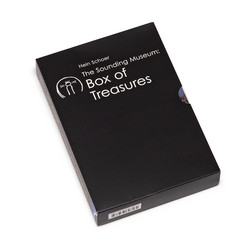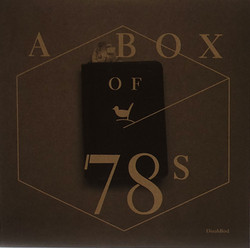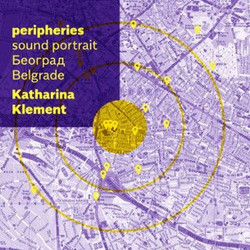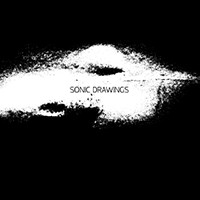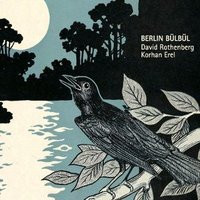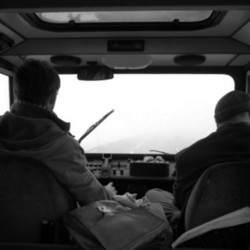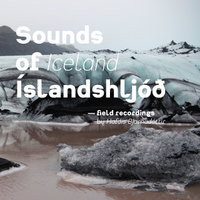For Lucretius life is a beautiful chance-driven Dance of the
Elements. His ideas, popular and highly controversial in Roman
intellectual circles, were soon to be banned and eventually forgotten
during the rise of Christianity. The poem was by chance rediscovered in the 15th century by the famous
humanist Poggio Bracciolini (1380-1459), most likely in the scriptorium
of a monastery in Fulda, Germany. During the renaissance it eventually
became a foundation stone of modern western philosophy and natural
sciences.
When Soila Valkama, the ars acustica-editor of Finnish broadcaster
Yleisradio commissioned us to produce a sound-composition, we suggested
to her a playful attempt of a sonic translation of Lucretius’ ideas. The listener embarks on a journey in which a universe of sound unfolds. Smallest sonic elements float through space, dark and chaotic, merge
to create concrete forms, transform into different consistencies, from
water to wind, from stone to dust, steadily in motion in a constant
process of becoming and dissolving.
Late in the piece the sounds of mammals and humans arrive, blurring
again into a palimpsest-like structure when the circle is closing.
We used field-recordings of nature, as an analogue for the “concrete forms” that are created by the colliding elements, but also concrete musical structures: fragments of melodies, tonalities, and rhythmic patterns in contrast to the more abstract material. Intertwined with the sound-composition we encounter fragments of Lucretius’ text in English and in Latin, carefully adapted and translated by Janko, and spoken by his brother, the actor Stefko Hanushevsky. The radio-piece consists of six chapters, transposing the structure of Lucretius’ six books into the compositional structure.
